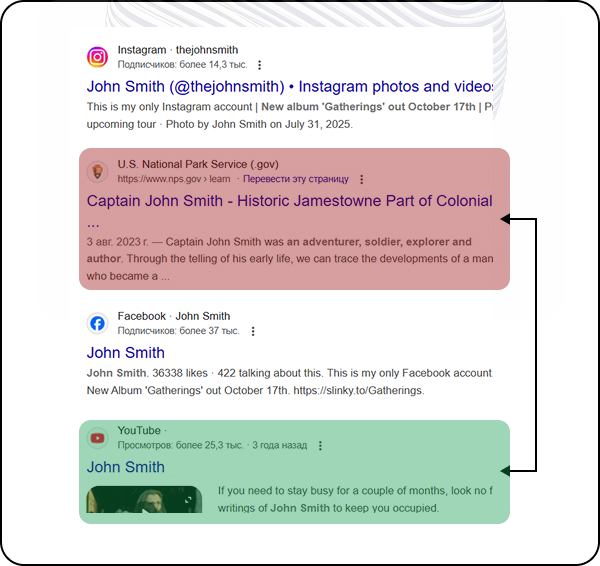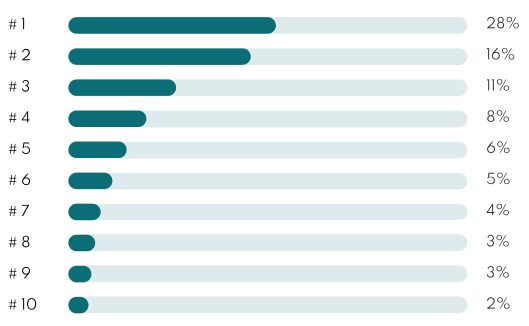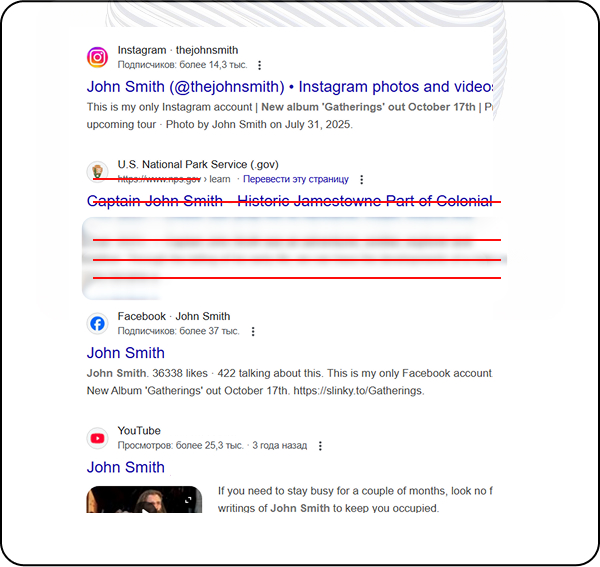Can a lawyer help me get my mugshot removed?
Yes, a lawyer can be very effective in removing a mugshot, especially if the website hosting it violates state laws. Attorneys specializing in privacy law, defamation, or online reputation management can send cease-and-desist letters or take legal action against the website. In some cases, they can argue that the mugshot is false, misleading, or defamatory, which may force the website to remove it. Additionally, if your case was dismissed or expunged, a lawyer can use legal documentation to demand removal. Legal representation can be costly, but it is sometimes the fastest and most effective option. Many law firms offer free consultations, so it’s worth exploring.
What states have laws against mugshot publishing sites?
Several U.S. states have passed laws restricting the ability of mugshot websites to charge for removals, including California, Florida, Georgia, Texas, Illinois, and New York. These laws often make it illegal for sites to profit from removing arrest records, though enforcement varies by jurisdiction. Some states also prohibit law enforcement agencies from providing mugshot data to commercial sites, reducing the frequency of new publications. If you live in one of these states, you may have stronger legal grounds to request removal. However, laws change frequently, so checking with a lawyer or state attorney general’s office is recommended. Even if there are no laws in your state, websites may still remove your mugshot upon request.
Can I use the Right to Be Forgotten to remove my mugshot?
The Right to Be Forgotten is a legal principle in the European Union that allows individuals to request personal data removal from search engines. However, this does not apply in the United States, where Google and other search engines are not legally required to remove arrest records. If you are in the EU or other regions with similar laws, you can submit a request under local privacy laws. For U.S. citizens, the best approach is to remove the mugshot from the source website first. Once removed, you can use Google’s URL Removal Tool to speed up de-indexing. Without a law in place, Google is not obligated to erase publicly available arrest records.
Will paying a mugshot removal site guarantee deletion?
Not always. While some sites genuinely remove content upon payment, others scam users by collecting money without taking action. Worse, some unethical sites share your mugshot with other websites, leading to it appearing elsewhere even after removal. Before paying, research the website’s reputation and check for complaints or legal actions against them. If the site has no refund policy or unclear terms, proceed with caution. Instead of paying a removal site directly, consider hiring a lawyer or reputation management service to handle the process legally and effectively.
What are the best long-term strategies for mugshot removal?
If your mugshot is online, a combination of legal, SEO, and PR strategies is the best approach. Start by requesting removal from the original website, using legal documents or attorney support if necessary. If removal is not possible, use SEO suppression by creating positive online content to push the mugshot down in search rankings. Consider hiring a reputation management service for professional removal assistance. Set up Google Alerts to monitor new instances of your mugshot appearing online. Finally, stay proactive in managing your digital footprint by regularly updating your online profiles and content.





